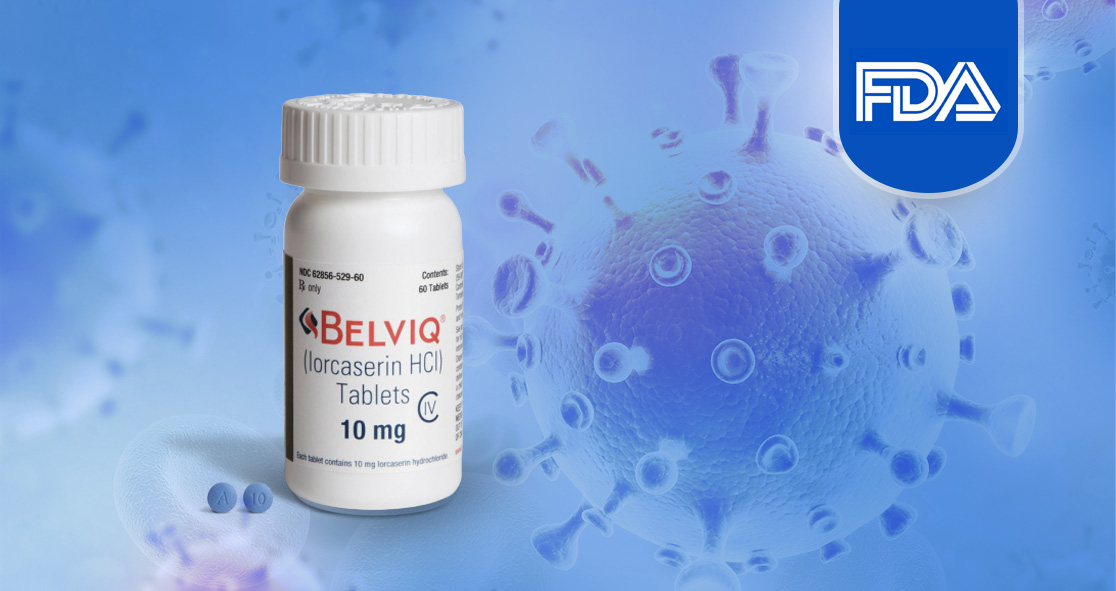Popular Weight Loss Drug Linked To Cancerous Tumors
With over 160 million Americans being overweight or obese, the search for the magic pill to instantly loose weight is a never ending goal. Everywhere one turns in today’s world, they are bombarded with ads for dozens of weight loss products and programs. Go on the internet and type in ‘diets’ and you’ll quickly loose count of the number of different diets there are. Go in to any grocery store and drug store and you’ll find selves filled with a host of different diet related products. There is a growing number of doctors who specialize in just wright loss.
Celebrities of all kinds are making a fortune endorsing various diets and diet supplements. The weight loss industry is so huge and I recall hearing one so-called expert say that if all of the money Americans were spending on trying to lose weight went to the federal deficit, America could be debt free in a few short years.
In the insatiable quest for the fountain of weight loss comes a host of other health problems. I’ve often warned people that there is no one diet plan or program that works for everyone and there are hidden dangers with many. I’ve seen people jump on a fad diet and brag at the weight they lost only to find out that they ended up doing damage to their kidneys or liver. I know others who had weight loss surgeries such as stomach stapling, bands around the stomach and tying off part of the stomach, that only end up with other major stomach and intestinal complications.
The same can be said of some of the various diet supplements and medications as is now being reported:
A weight-loss drug is now tied to a “possible increased risk of cancer,” according to the US Food and Drug Administration, which is advising patients and healthcare professionals to consider the potential risks when prescribing or taking Belviq or Belviq XR.
The drug, which was first approved by the FDA in 2012, works by targeting the part of the brain that regulates appetite, making the people who take the pill feel fuller than they actually are.
It was the first weight-loss drug the FDA had approved in 13 years for use in overweight and obese adults who had weight-related health conditions like hypertension or diabetes.
The recent findings came as a result of a clinical trial Eisai Inc., the manufacturer of Belviq, was required to conduct in order to maintain the FDA’s stamp of approval. The randomized trial was conducted on 12,000 participants over five years and found that people taking lorcaserin, the generic name for Belviq, were diagnosed with cancer more often than people who weren’t.
The real question experts should be asking is what doesn’t increase the risk of cancer? Just living and breathing increases the risk!








Recent Comments